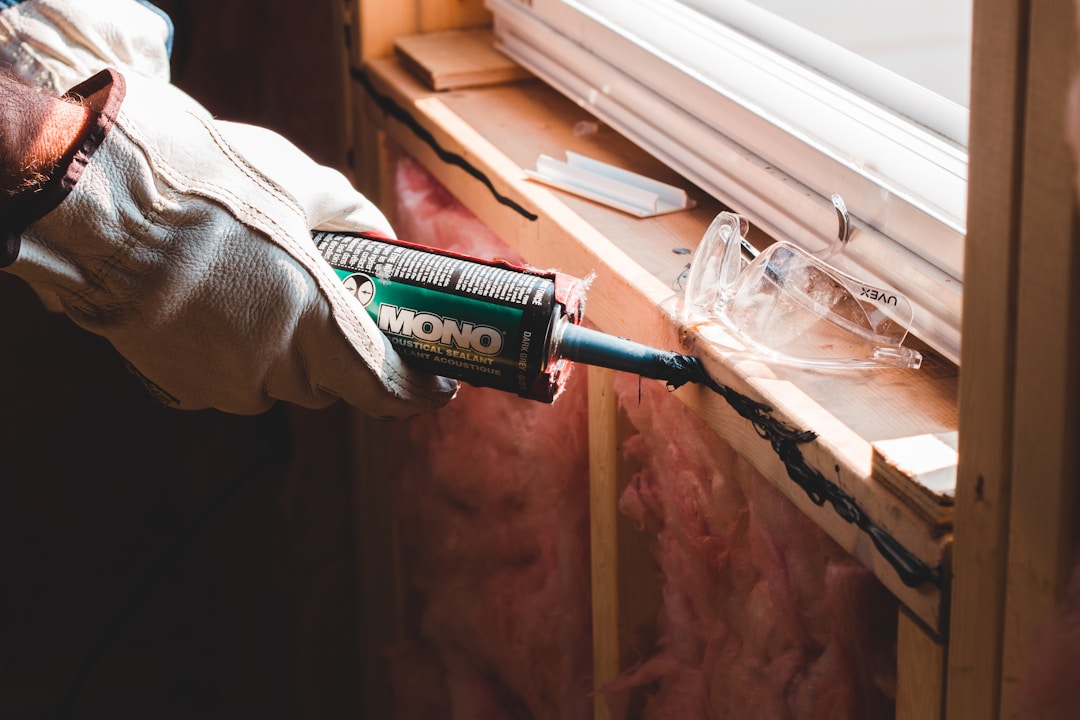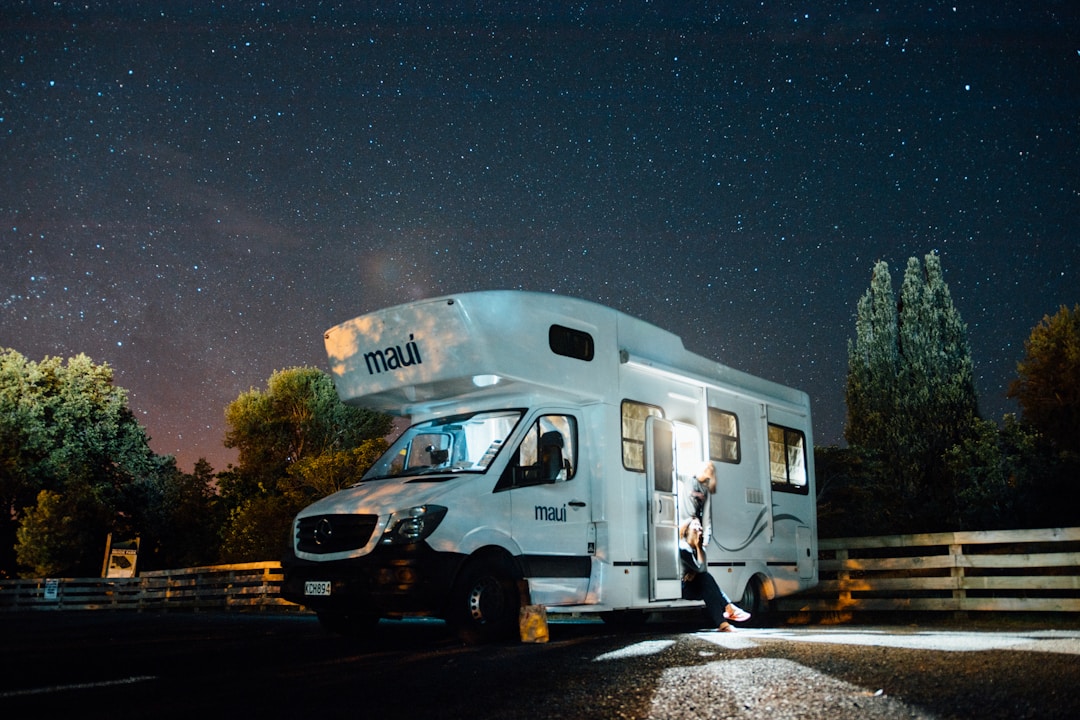Turning your house into a rental property can have many benefits, but it’s important to know what you’re getting into before you decide to make the switch. Market conditions, your personal financial situation, and the needs of your household can all affect what the best choice is for you and your home. Not only that, but the rental market is very different from the market to buy a home. If you’re unfamiliar with it, it might be a good idea to spend some time educating yourself before you jump in. Still, there are a lot of opportunities to profit and put yourself in a better financial and personal situation if you know what you’re doing. If you’re considering switching your primary residence and renting out your home, read on for four things you should consider before you do.
1.Evaluate your financial situation first.

The first thing you’ll need to do is to get your finances in order prior to become a landlord. For most people who already own one property and need another, either to rent or as a primary residence, may plan to utilize a loan in order to secure a second house. If you need a loan, look at your local options, such as this private lender for hard money loans in Oregon. Make sure you fully understand the terms you’re agreeing to and that you’re ready to take the next step before you sign anything, but a loan that you treat responsibly can be a great way to get started on your journey towards managing your investment property. Before you take out a loan, you’ll need to create a budget and establish your financial history, so that you’re prepared when you sit down to talk to a lender. Keep all your important documents related to your current home, your real estate history, and your work history in a safe place and bring them with you. As long as you have a plan and documentation, you’ll be in a good position to start off.
2. Invest in safety and improvement before renting your home.

You need to make sure your residence is safe and comfortable before you turn your home into a rental property. What that means can depend heavily on your home and how well maintained it is. Appliances and fixtures should be repaired and in good working order, and renters tend to prefer spaces that have modern technology, so if yours is out-of-date, it might make sense to upgrade before you start renting. Roofs and gutters should be clean. Talk to a contractor or a maintenance professional if you need a list of things that you should take care of. The good news is that these kinds of upgrades and maintenance projects will also help keep your energy bills low and save money on your utilities.
Safety needs can vary too. For example, if you live somewhere with intense weather during hurricane season, make sure you understand how to prepare for a hurricane and take care of your home accordingly. If you’re renting in an area where there’s intense weather, it’s important that you help your renters regulate temperature by providing heating, ventilation, and air conditioning, in addition to adequate protection from any storms or weather events. In the winter, in areas with high winds especially, cracks and crevices in doors and windows should be sealed.
3. Make sure you have alternate living arrangements.

Obviously, if you intend to turn your primary residence into a rental home, you’ll need to find somewhere else for yourself to live. Many homeowners who are also landlords find that they can use their rental income to pay their mortgage for both their rental property and their primary residence. There are other options besides buying and living in another home, of course. If you’re up for an adventure, look up how to live out of an RV and spend some time on the road. Taking a year off to rent out your property and try living out of a motorhome isn’t just a fun life experience, it can save you a lot of money. If you’ve always wanted to try RV life, the rent you collect from your property can pay for you to do it. No matter what you decide to do for yourself and your family, you need to have a firm plan for where you’ll live for the entirety of the time you intend to rent your home.
4. Be responsible and careful in your tenant search.

Finding a tenant for your rental property can be the most difficult part of the entire process. While being too choosy can be a problem, you have to keep in mind that your prospective tenant will be responsible for taking care of your house, and you don’t want to have a renter who is irresponsible and will create property damage that you’ll be responsible to fix. It’s also essential for you to verify your potential renter’s income, so you can be sure they will be able to make payments on time. While it can be exhausting or frustrating to search for the perfect tenant, it’s worth the investment in finding the right applicants to live in your investment property.
While renting your home can present an opportunity to create a new revenue stream for yourself, it’s important that you understand the market and how it will affect your finances going forward before you pull the trigger. You have to be prepared to relocate yourself, whether that means taking some time to travel or moving into a different property, while also making sure your home is in good enough condition to be used as a rental. While you can’t rush the process, successfully transitioning your home into a rental property provides a rental income for yourself and your family that you can use to pay bills, travel, invest or move into the new home of your dreams.
































